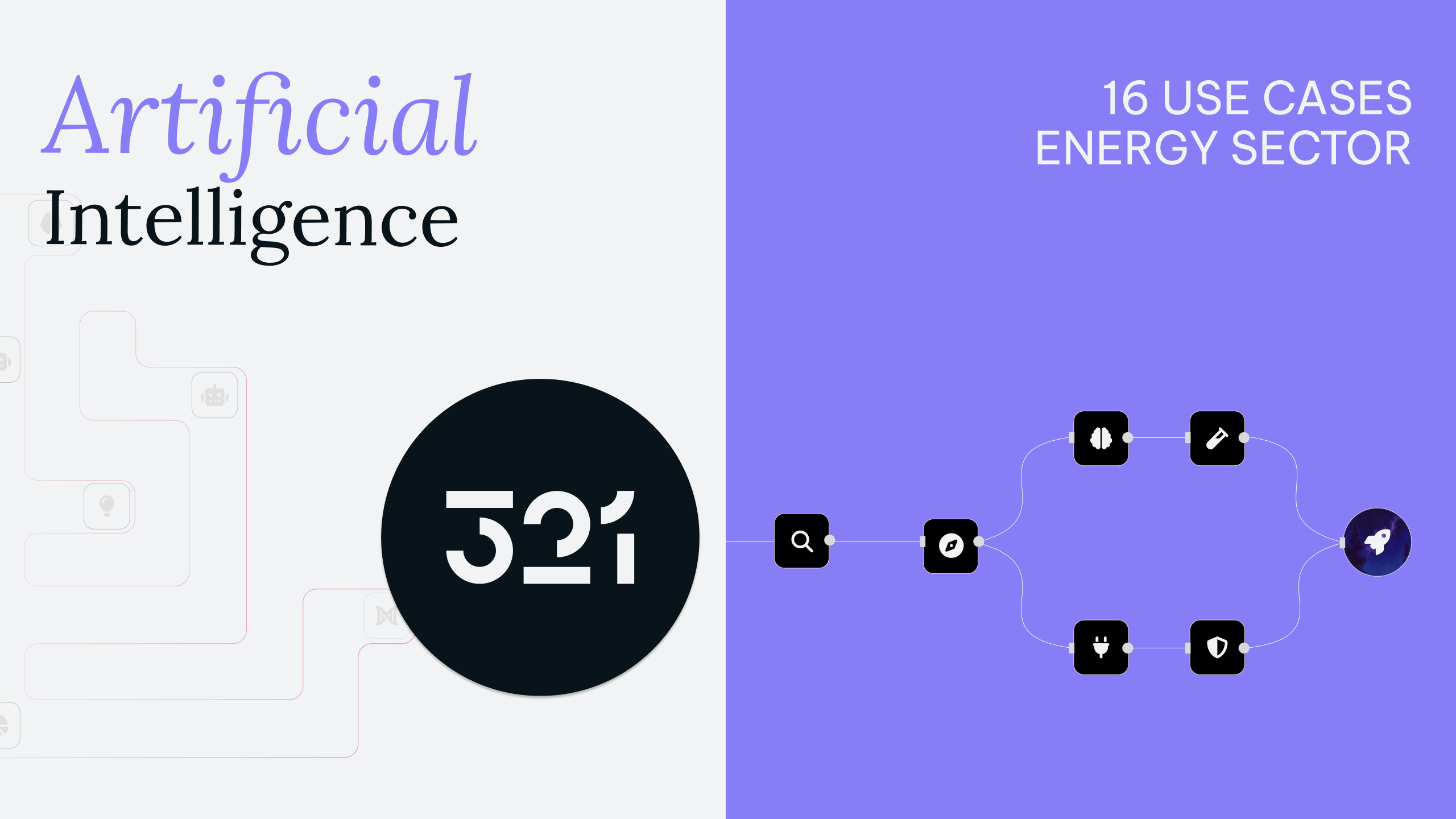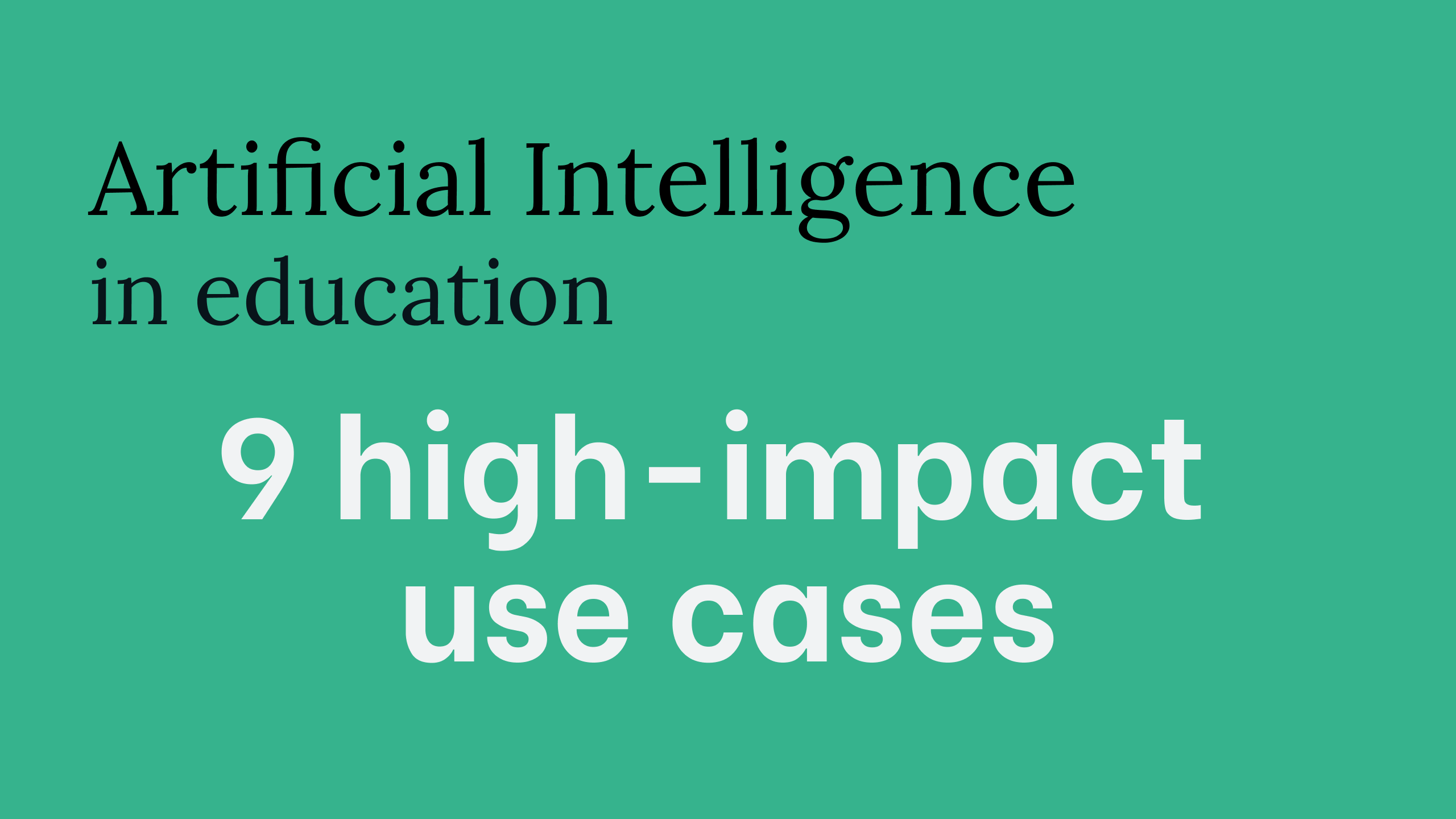Operating Partner: a winning duo for startups and investors in France
In France’s 2025 tech ecosystem, where every euro of private-equity capital must turn into tangible growth the presence of an Operating Partner has become a prerequisite.
This hybrid profile, at once a seasoned executive and an investors’ sparring partner, now stands out as a strategic lever for VCs, private-equity funds, family offices, and corporates seeking a lasting competitive edge.
Behind the title are partners who dive into the day-to-day life of startups and scale-ups to steer operations, free up teams, accelerate development, and secure performance. France now counts more than sixty funds with an official Operating Partner role compared with only a handful five years ago.
What Defines an Operating Partner?
First and foremost, an Operating Partner has genuine company-building experience: a former CEO, co-founder, COO, or sometimes CFO who has already raised capital, hired talent, lived through pivots, and managed crises. Added to that is an ability to provide sustained operational support: for six to eighteen months full-time or fractional they immerse themselves in the organisation, share their leadership, secure every key function (finance, product, data, HR), and instil a culture of measurement. This hands-on immersion avoids the classic drift of mere outside advice: the Operating Partner acts, decides, and reports to both founders and investors.
When Do Investors Call Them In?
When difficulties arise
If a startup slows down or doubts its product-market fit, the Operating Partner helps the leadership identify bottlenecks, tests rebound or pivot scenarios, re-prioritises the product roadmap, and aligns cash-management with the new strategy. In these critical moments, their support protects valuation and reassures the board.
During hyper-growth
When traction soars, the company must scale operations faster than revenue. The venture fund brings in an Operating Partner to orchestrate go-to-market ramp-up, reinforce the internal organisation, deploy quality processes, plan international expansion, and negotiate upcoming equity or debt tranches. Their presence ensures that hiring, delivery, and customer support pace do not erode margin or user satisfaction.
For a specific need
Some companies require niche expertise: post-acquisition integration, an AI & data turn, ESG compliance, spinning off a business unit, or accelerating exports. The Operating Partner then becomes mission director, brings frameworks, drives change, and hands the keys back to management once the goal is reached.
These three situations cover almost the entire startup life cycle, so an Operating Partner can step in upstream during due diligence to gauge operational maturity and downstream, monitoring performance to guarantee return on investment. The trend, long-entrenched in the US and Israel, is gaining ground in France: over one-third of Series A deals signed by French funds in 2024 already included an “Operating Partner” budget line.
The Investor–Operating Partner Dynamic
Unlike a venture partner, who focuses on deal flow, an Operating Partner is assessed on operational KPIs: customer churn, product velocity, EBITDA, NRR. Interests are contractually aligned: performance-indexed bonuses, and sometimes equity or a co-investment ticket. This mechanism creates a virtuous circle: the founding team keeps hold of the vision, the fund secures its investment, and the company gains months on its learning curve. According to a study published by Sifted in early 2025, the presence of an Operating Partner shortened the average time from Series B to Series C in Europe by 20 %.
Focus: Serena, a French Pioneer
Paris-based fund Serena was an early mover, creating an “Operating Partner Club” of CEOs, CPOs, and VPs Sales from Dataiku, Malt, or iBanFirst. Each partner operates on a pillar product, sales, finance, people, international and supports a forty startup portfolio.
In 2024, Serena raised an additional €160 million, while its portfolio companies raised €1.2 billion and completed several major exits results the fund partly attributes to the added value of its Operating Partners. Its annual report highlights up to 30 % additional revenue growth for companies that received nine months of full Operating Partner support. Serena thus exemplifies the new generation of investors blending financial innovation with hands-on operational help.
The First Network of Digital Operating Partners
To meet demand, we have gathered a club of entrepreneurs from Doctolib, Zendesk, Spendesk, iAdvize, Unowhy, Wengo, and SimpliField. More than a directory, this network gives VCs a one-stop shop: you choose the partner “for you” based on sector and challenges, and we launch a three-, six-, or nine-month mission.
Every member is “full-stack”: equipped with product frameworks, management playbooks, people tools, and a global network that opens doors in Asia or North America. Founders gain an English-fluent co-pilot versed in SaaS best practices, and investors receive a transparent monthly performance report.
How to Become an Operating Partner?
The field is open: former VPs Ops, VPs Growth, or Country Managers can claim the title if they bring cross-functional expertise and a quantified track record. Funds expect a leadership mindset, the ability to build trust with sometimes younger CEOs, and disciplined reporting. Personal organisation, product curiosity, and an ability to execute fast are also scrutinised.
Once recruited, the Operating Partner juggles three time frames: an emergency sprint (90 days to save the startup), a development programme (six months to structure), and long-term mentoring (nine months or more).
2025 Trends and Outlook
- Professionalisation: After VCs, insurer-investors and sovereign funds now want their own “Operating Partner Office.”
- Sector specialisation: Climate-tech, digital health, generative AI each vertical is spawning expert profiles.
- Geographical hybridisation: The talent war is pushing French funds to hire across borders; 40 % of France-based Operating Partners now live in London or Berlin.
- Rise of “fractional” roles: Pre-Series A startups can’t afford full-time positions but adopt part-time models to tackle a key project before the next round.
The Performance Life-Insurance Policy
At a time when capital is scarce and competition fierce, an Operating Partner is no longer a luxury—it’s the best insurance policy for protecting investment value and turning every euro into measurable impact. For investors, it sends a strong signal to the portfolio; for entrepreneurs, it guarantees support in both storms and hyper-growth.
In other words, whether you’re launching a startup this quarter or steering a company in full transformation, bringing an Operating Partner into your strategy could well be the most profitable decision of the decade.




